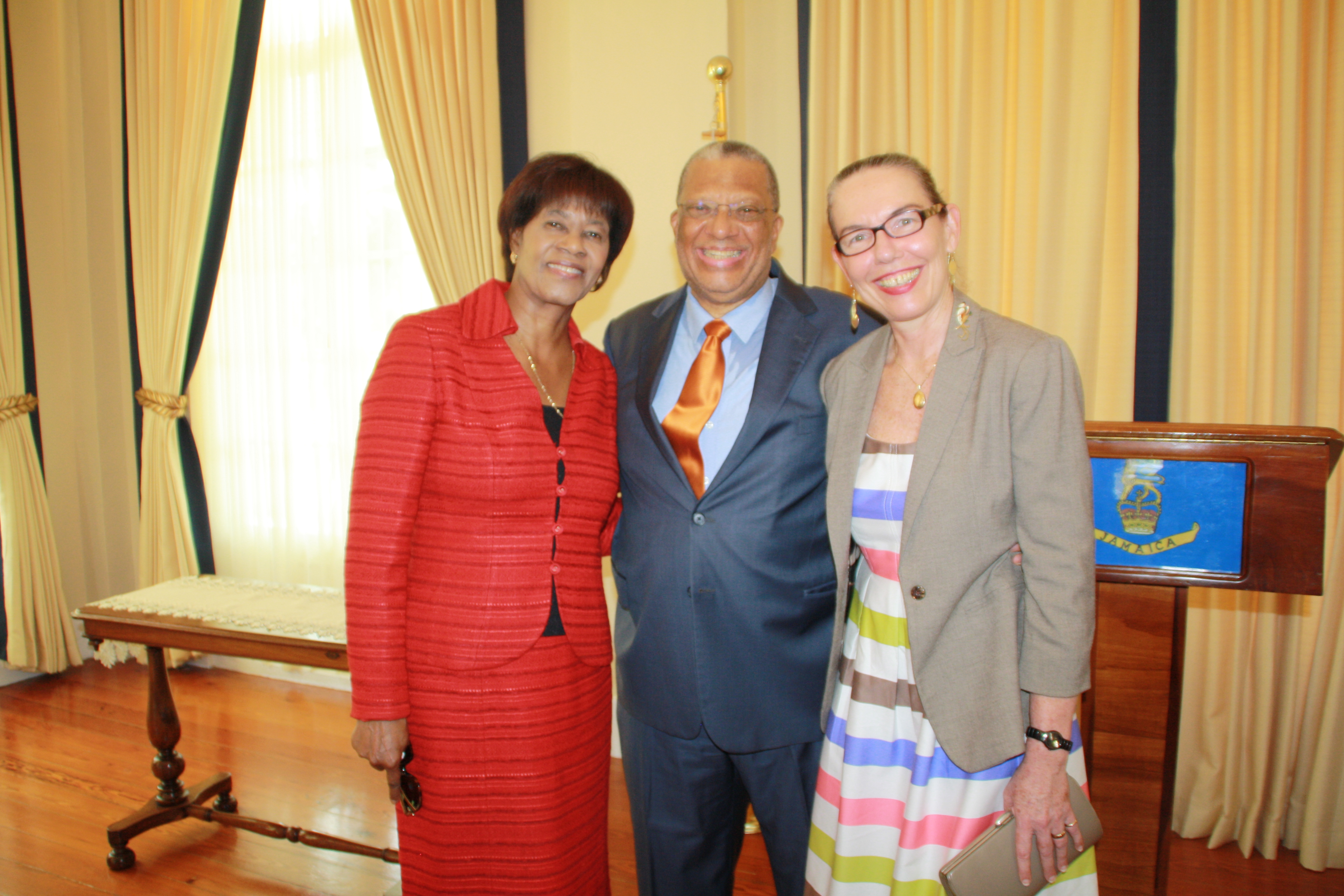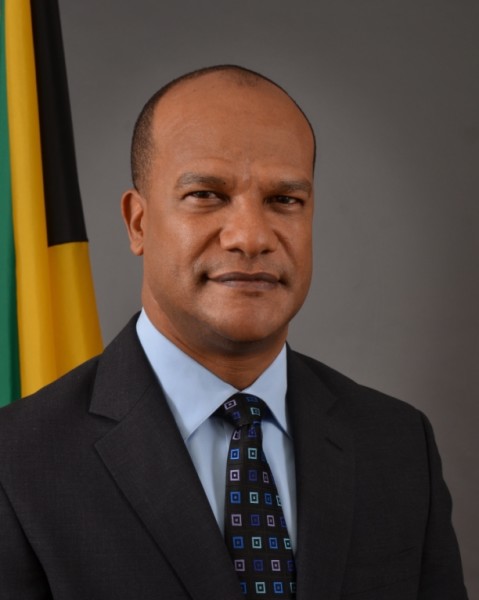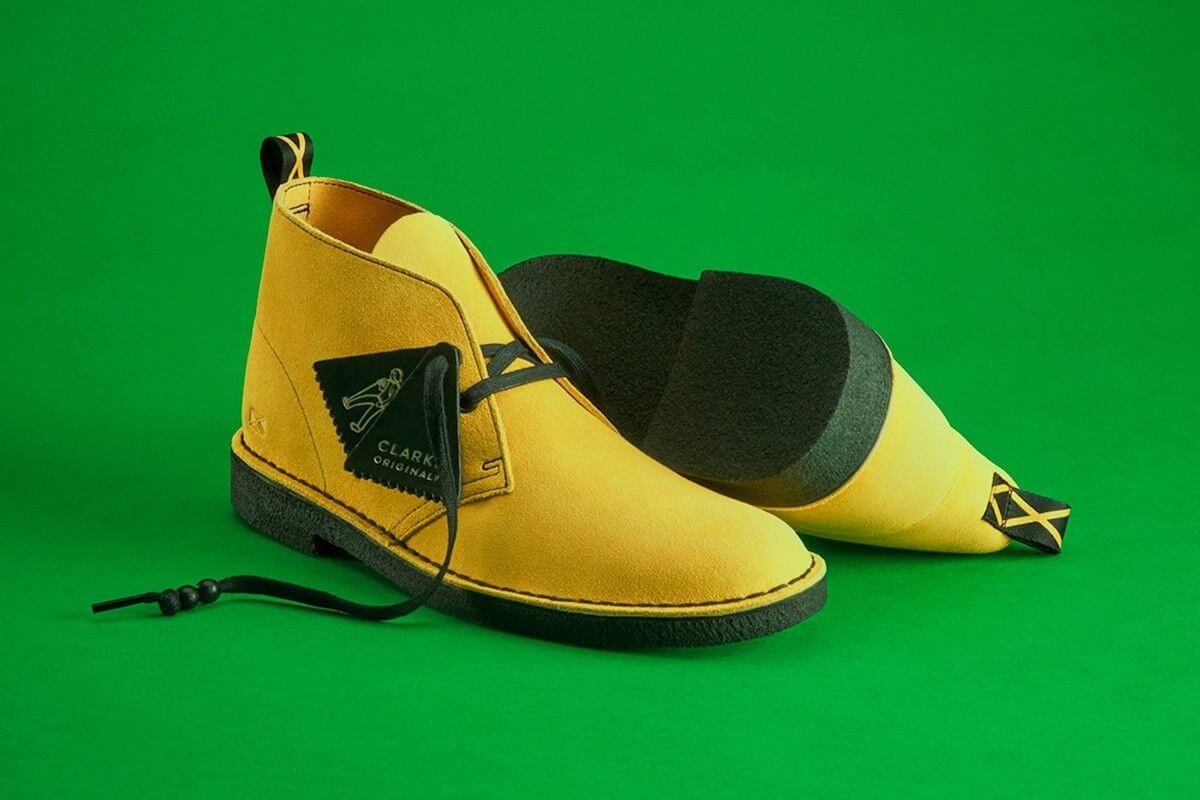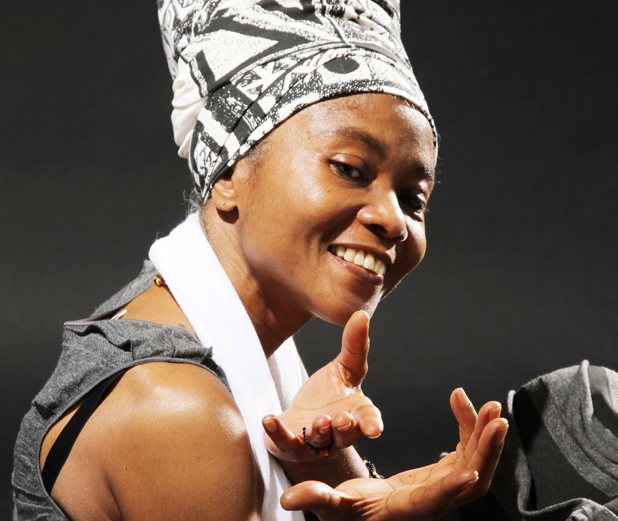Letter to the Editor: Installing Excellence into our Politics
I believe that any leader selected without contest by political parties and who the possibility exist for him/her to become the country’s first minister brings into question the identity of who we are as a nation.
I can truly speak to the concerns of my generation and the ones after me in this regard- (We who were born in the 1980s and shortly after). Our age group 25-34 according to the EOJ accounts for most of the registered voters only to be followed closely by the 35-44 age group. Collectively we are the children of an experiment called globalism. Our perceptions of self and politics are informed by global constructs that shape the ideas of how we want our leaders to treat us and appear on our behalf.
Setting an example of excellence was not on the agenda of the politicians who reigned and ruled the first 50 years of Jamaica’s independent journey as far as we are concerned. This has resulted in many persons wanting praise and ascension for jobs they should have done with a sense of entitlement.
Dr. Phillips who I believe is a smart man has been on a blame game in his opposition narrative since it was clear that he would be selected as the new leader. That is bad thinking from Jamaica’s old political style. It sets a bad example for my generation and we will not take it seriously. The social problems in Jamaica are the result of ineffective past governments but we can’t keep blaming the past. The change we need will not come from the past, and we should be honest about what Jamaica is so we can get to the solutions.
Jamaicans have spent the last 55 years trying to understand ourselves and solve complex problems that didn’t begin at independence. We didn’t believe in ourselves and we set high expectations for ourselves without a plan to attain the goals. That has filtered down to the children and as a result, our contradictions are unresolved and there is evident governing dysfunction which continues like a family with an alcoholic parent. A parent who is characterized as coming by every once in a while to the home and take some of the gains made at home to support selfish drinking habits.
However, the virtues of dysfunctional homes are that children of alcoholics tend to have an interest in redeeming the family. They work harder, smarter, they learn to lead earlier in life and are less tolerant of irresponsible alcoholic behavior that is about blaming and not action. They are actively looking for a hero among themselves because the elders did not rise to the occasion of a protagonist. These children learn to compartmentalize their lives and are less dependent on outside sources for help. They have developed a unique set of social skills that will often ruffle the status quo who are in the way of progress. These children are more articulate and empathetic to the current times than their parents. Socially they intermingle at the same events without the class barriers of the past, and since they have nothing to lose they are fearless in going after their goals. The heroes among them do not blame others for their circumstances or cause alarm for attention. They are focused on their goals.
They are the dreamers who refuse to play by the rules. They believe you do not have to achieve the Jamaican dream by living in Miami. They decided to stay right here in Jamaica and build Jamaica with their talents and intellect. They understand the power of meaningful conversations, collective bargaining, promotion based on merit and can identify self-interest in the name of service from a mile away. The hole in their upbringing due to the absence of empathetic leadership has made them resolve to become much better than their inherited circumstances. Their intolerance of mediocrity and unmerited reward may be mistaken for ungratefulness but they see it as a lack of responsibility on the part of the elders who should have loved them with more than words. They are more interested in taking care of the drunkard parent who caused the families dysfunction rather than allows that yet to be rehabilitated parent assume authority based on age.
These are the children of post independent Jamaica, and we are interested in a leader that can properly articulate for us a humanist role in our community, and a duty to our country that will help us to find a greater purpose in the world. The words and examples of our leader must inspire us and be less angry, less highfalutin and tribal than we have become accustomed.
There was a time growing up when the annual budget debates were filled with cliches such as “fundamental” and no one really understood what was being said by the orators. It was like people speaking in tongues at church without a translator so the message was lost on the congregation. As I listened to the Prime Minister’s budget presentation recently, I was impressed by his comprehensibility. I can’t believe such a necessary thing was being overlooked for decades. I was inspired by his boldness, and ability to communicate his message clearly, firmly, and remain interesting for the duration of his speech.
Dr. Phillips response to his speech was that people of Jamaica should protest the government’s budget. No one responded favorably to that call to action because in our generation any opposition worth the attention should have a similar empathy and legibility as the Prime Minister is dutifully displaying. You cannot oppose hope. It is a very good thing and perhaps the best of all the good things.
In times of turmoil, we do not need a leader or an opposition leader that is upheaving and out of timing. Power requires poise in this generation. The focus on the power of prosperity in the interest of the people’s advancement should be the agenda of every Caribbean leader. Anything else will be seen as unpopular and boring. There are more creative bargaining tools other than protest and our generation knows this.
All of us have a responsibility to improve our stake in the united parishes of Jamaica and the adjoining islets and politicians are not the panacea. We cannot continue the outrageous themes of no hope and “things are hard” and expect people to respond. Hopelessness has never increased the GDP or puts more money in people’s pockets. We have to remain hopeful and the leaders we choose must cease from narrating that story of blame, victimhood or anger when things go wrong. Instead, the leader must lift up the people, frame them as heroes of their own circumstances and help them to understand the lessons to be learned and how to move forward. The leader must also deliver in action his political pontifications when he has the power to lead and not just when he/she is in opposition.
We need leaders with the extraordinary ability to engage and relate to everyone right where they are while maintaining the ability to think higher on behalf of all of us so we can solve complex problems and maneuver the clusters of the day. Jamaica is a place where anything is possible and the people should know that they are creative and productive beings. It would do the country well if our leaders articulate that narrative. As we move towards making our island a more ideal place for everyone to live, work and play our outlook must broaden with the long-term goals in mind and not just focus on the hysteria of the moment.
As fathers should have the courage to raise their children, we need leaders to lead the country into the future with the same courage and inspired hope for the people. More than information the people need inspiration. It is up to us at this time to install the excellence required for a better Jamaica. We should set higher expectations for ourselves that will only respect achievement in our leaders and pass on the values of empathy to the next generation so that Jamaica may under God become more harmonious for all.
Donovan Watkis is an author and filmmaker. His latest publication is JR’s Hope: Thoughts On Improvement From Up The Street and the #noviolenceinlove campaign




